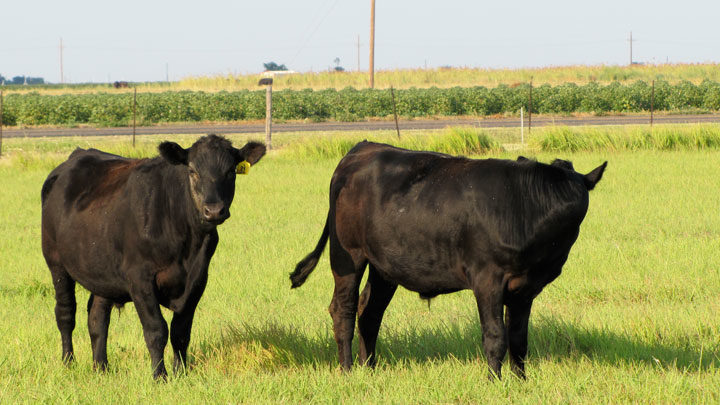
Creating Food in the laboratory
This is not a welcome adventure.
Yes, strictly from an environmental standpoint, there may be advantages for efficiently producing high protein foods like meats, eggs and milk through cellular development in a lab, but is this really the answer?
I’m a big proponent of government and science to protect and promote public health. Yet, when it comes to the creation of whole foods and the use of biotechnology to create them, I’m less bullish.
Call me old-fashioned, but I like the approach of environmentalist, rancher and author Nicolette Hann Niman who writes about climate change and agriculture in her book, Defending Beef: The Case for Sustainable Meat Production . As she thoughtfully explains, taking into account the significant role that industrial agriculture contributes to climate change, by contrast, small-scale, integrated farming offers the best approach for producing food. Humanely raising healthy livestock on pasture provides key nutrition and protects soil fertility. By also using livestock manure for enriching soils to grow crops, this minimizes farm pollution waste.
Personally, I would rather live in a healthier world where all of us eat less meat and dairy products than have to turn to the men in white coats as our next generation farmers.
Read the post:
This post was written by Fred Gerendasy, a contributor to Cooking Up a Story as a writer and occasional interviewer. His current work is featured at Fred Gerendasy Photography.
